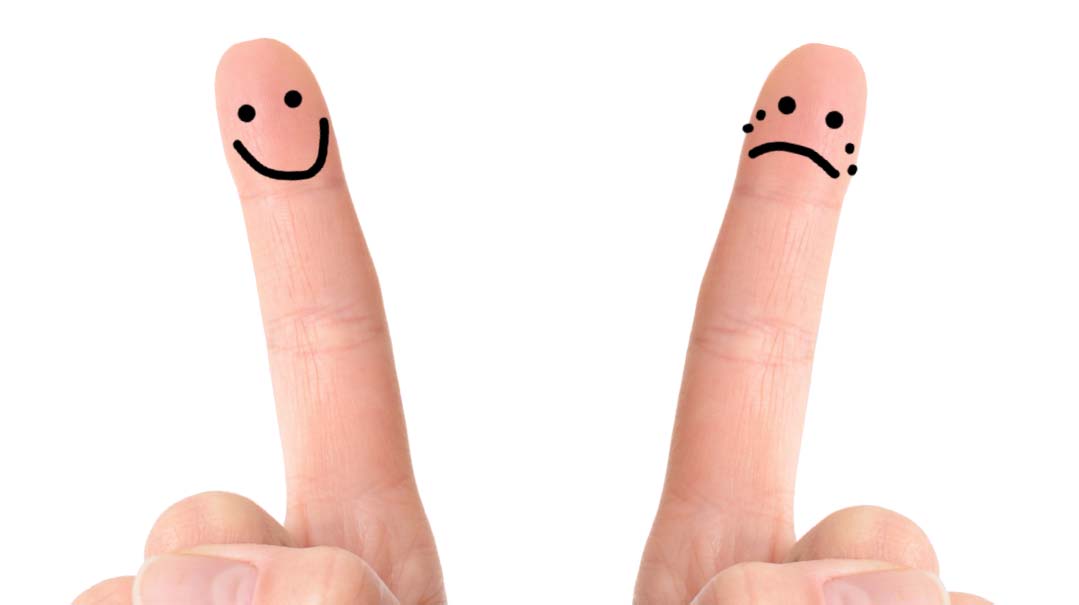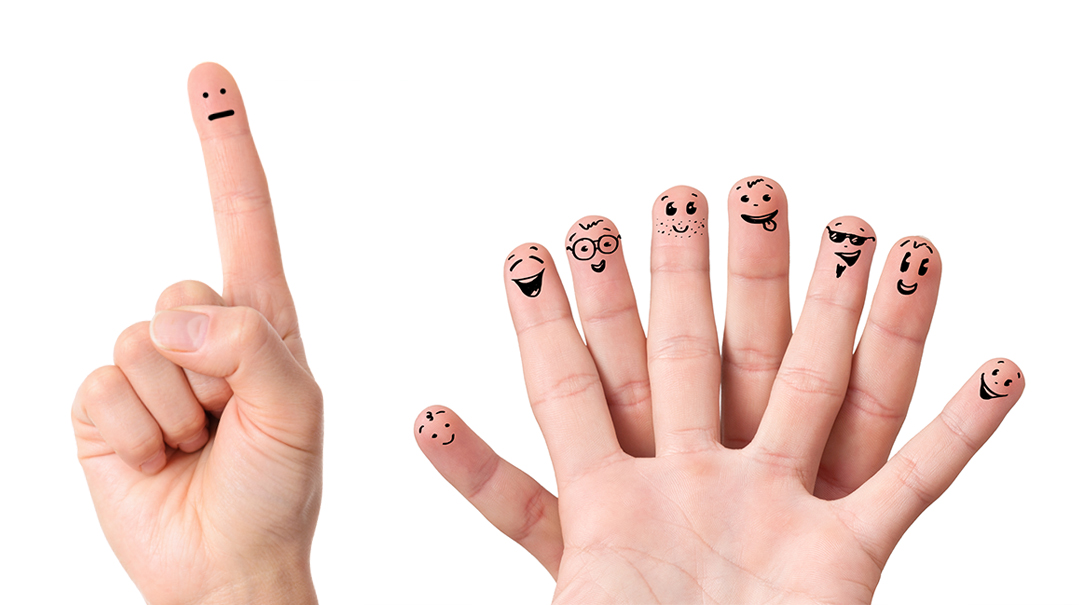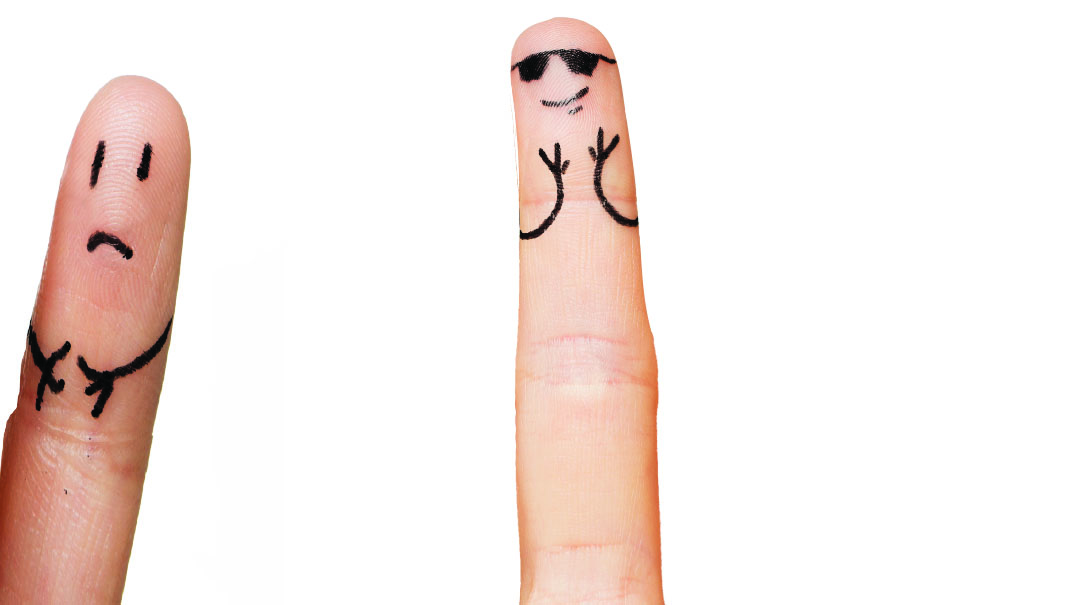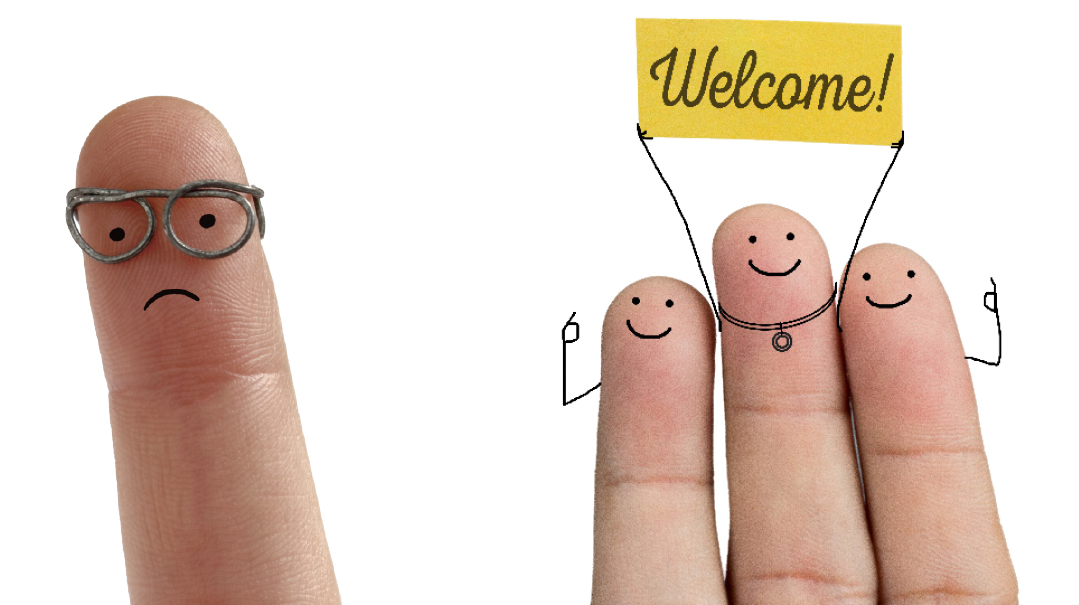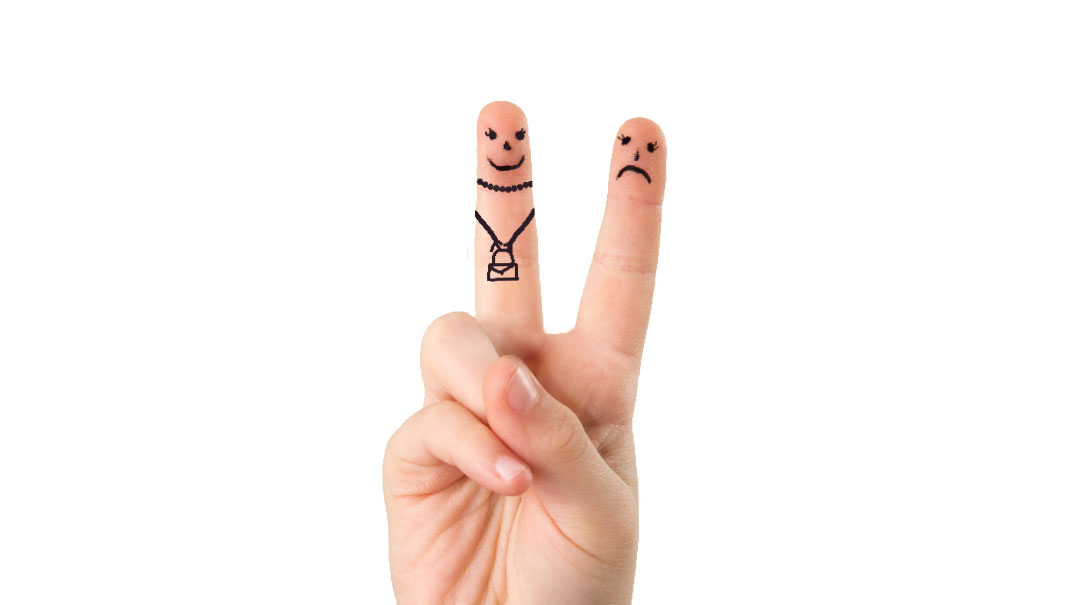Friendship Fix


M
y husband and I moved with our family a few years ago from a big city to a smaller, “in-between” type of out-of-town community. It’s in-between in that it’s big enough to have its own frum infrastructure (i.e. we don’t have to send our kids away for quality chinuch), but small enough that we pretty much know everyone — if not very well, at least by name or face.
This leads to a sticky situation. I have a houseful of daughters, which means that my friends or neighbors are teaching my kids, and as a high school teacher, I end up teaching my good friends’ daughters as well. Often this isn’t a big deal, provided all goes well and no issues arise during the year. It’s a very normal part of life for us all — we do carpool with the principal, we bump into the math or navi teacher at the pediatrician.
The reality, though, is that sometimes challenging situations crop up. Obviously, we don’t all “get lucky” with each child every year in terms of teachers and dynamics. As with any other school situation, there can be run-ins with teachers or hanhalah. Once it was a dear friend who was very upset with me that her daughter was disciplined for cutting my class, another time it was me feeling very hurt by a friend’s attitude toward one of my kids — her student at the time — who was struggling terribly.
I know intellectually that “business” and “pleasure” should best remain separate, and as friends, we need to keep communication open and try to draw lines separating our friendship and our children. But we’re human, and ultimately, as much as we try to separate “business” and “pleasure,” it’s still very difficult to schmooze over coffee with someone who is causing or has caused (whether well intentioned or not, inadvertently or not) your child pain.
The two examples I gave are friends whose relationships I value. But that second friend is someone who truly caused my husband, my child, and me much agmas nefesh. I’m pained by the lessening of our friendship; we’ve “talked it out” and we’re not on bad terms, chas v’shalom, but I don’t see how our relationship can be repaired enough to return to its former state.
Is there any way to hold onto friendships when there are other emotional factors thrown into the mix?
We answered
Mrs. Yehudis Bechoffer is a teacher in South Bend Hebrew Day School and Bais Yaakov High School of Indiana. She’s been teaching in out-of-town schools for over 40 years.
When you live together in a small community, your friends are also your child’s principal, your rebbetzin, and the dentist. It’s inevitable that somewhere the lines will cross — there’s really no way to keep “business” and “pleasure” separate when you live this way, and really, there’s no need to! Our business is our pleasure — we’re all working together.
In my personal experience, direct communication has always worked — both in prevention and once an issue arises. In communities where your child’s teacher is a stranger you’ve never met, you might let things ride until more of a picture emerges, but when these are your friends and neighbors, you don’t have the luxury of waiting things out to see if they get better or worse.
The best way to approach any situation is to simply refer to the facts. If your child is having a hard time in class, call the teacher before it becomes an issue, and nip it in the bud. What’s going on? This is what my child says is happening. What can you tell me about this?
You’re representing your child, and you’re his advocate, but it’s best to learn how to stay factual (or at least convey that this is your understanding of the facts, as given over by your child). You’re telling your friend, “Look, this is what’s going on inside his brain,” but without judging the teacher. The moment you attack or you’re on the offensive, your child has lost.
For those of us who have been doing this a long time, this is genuinely how we operate, and it becomes very natural — you’re all on the same team working for the good of the child, so it’s never a “me against you” situation. For those newer to this situation, it may take time to make this second nature. There’s no such thing as “I want her to feel like we’re on the same side.” Either you honestly believe it, and that will be conveyed in your interaction, or you’re trying hard to make her believe something that you yourself don’t feel, and that won’t work!
When it’s a friend teaching your child, even if your child is struggling, you know your friend isn’t trying to hurt your child. She’s trying to do her job — in essence that means she’s trying to help your child. So either there’s something she’s not aware of, which you can communicate to her, or this is an area where your child needs to struggle a bit (which never feels great). In either case, early communication is key.
In a case where your child has actually been hurt, what can you do to hold onto the friendship? I recall one painful episode in which one of my children was going through a particularly tough time. I spoke to the teachers about it, but they didn’t agree with my view. At one point, a teacher made a very insensitive “joke” to my child referencing this struggle, which I thought was absolutely cruel.
I had to look at the complete picture: This was a person in chinuch who I knew, in general, to be a kind, compassionate teacher. She made a mistake. We all make mistakes. She wasn’t evil, she wasn’t trying to hurt my child intentionally. I can’t make a war about this. Yes, it hurt; yes, we had to get over it, and we did. There really is no other choice — these are important people in your life.
(Excerpted from Family First, Issue 673)
Oops! We could not locate your form.







